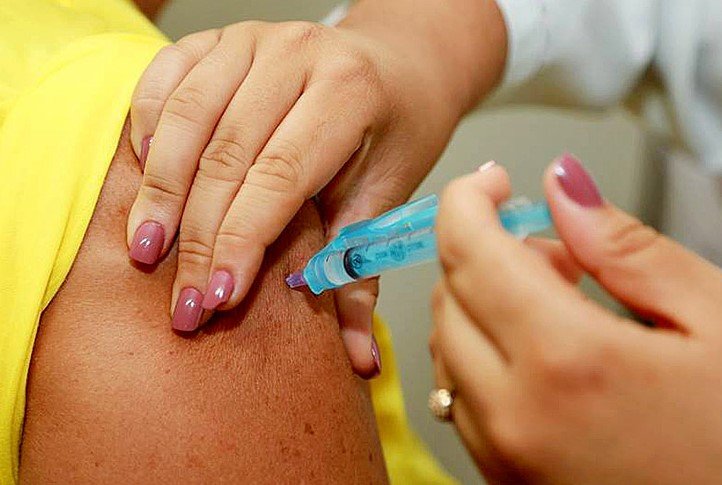In a groundbreaking development that could reshape cancer treatment globally, Russia has announced plans to offer a cancer vaccine at no cost to the public. This bold initiative is being hailed as a significant step forward in the fight against one of the world’s deadliest diseases.
The vaccine, which has generated considerable attention and optimism in the medical community, is poised to make cancer treatment more accessible than ever before. While the details are still emerging, the promise of a free vaccine has raised hopes for millions of people worldwide.
Russia’s Bold Move: Cancer Vaccine for Free
The Russian government’s announcement comes as a pleasant surprise, especially considering the global race to find a cancer cure has often been marred by expensive treatments and limited accessibility. The vaccine is expected to be made available to the public without charge, marking a rare shift away from profit-driven healthcare practices in the field of oncology.

Experts are cautiously optimistic about the vaccine’s potential. While cancer treatment has traditionally involved a combination of chemotherapy, radiation, and surgery, researchers have long been working to develop vaccines that can prevent or fight cancer cells. The Russian initiative aims to make these treatments available to a much larger population, potentially saving countless lives.
What We Know About the Cancer Vaccine
Though the specifics of the vaccine’s formulation are still under wraps, there are some key points about the vaccine’s development and expected release. The vaccine has undergone several stages of clinical testing in Russia, and early results suggest promising efficacy in treating certain types of cancer.
Russia’s Ministry of Health has been working alongside several universities and research institutes to finalize the vaccine’s distribution. The government has made it clear that it plans to offer the vaccine free of charge to both Russian citizens and international patients. This is expected to alleviate some of the financial burdens associated with cancer treatment and provide a more equitable solution for people in need.
Here’s a snapshot of the vaccine’s key details:
- Vaccine Type: Immunotherapy-based
- Targeted Cancers: Still being finalized, but early trials focus on specific types like lung, breast, and prostate cancers.
- Availability: Free of charge to global patients
- Development Status: Currently in advanced clinical trials with promising results
Why This Cancer Vaccine Matters
Cancer remains one of the leading causes of death worldwide, with millions diagnosed every year. The introduction of an affordable and potentially effective cancer vaccine is a game-changer. If proven successful, this vaccine could provide an alternative to the expensive and often inaccessible treatments that are currently the norm.
Moreover, by offering the vaccine for free, Russia is making a bold statement about the accessibility of life-saving treatments. The promise of a free vaccine could inspire other countries to invest more in healthcare solutions that prioritize patient access over profits, potentially paving the way for similar initiatives around the world.
Global Reactions to the Russian Initiative
The news of Russia’s cancer vaccine has sparked a range of reactions from the international community. On one hand, medical professionals are cautiously hopeful about the potential benefits. On the other hand, some experts warn that more testing is required before it can be distributed on a wide scale. The vaccine has already drawn attention from global health organizations, with many eagerly awaiting the results of its clinical trials.
Some critics have raised concerns about the vaccine’s safety and efficacy, given the speed at which it is being developed. However, others point out that the global urgency surrounding cancer treatment makes such initiatives worth monitoring closely. The fact that Russia is offering the vaccine for free adds an element of transparency and social responsibility to the effort.
The Future of Cancer Vaccines
The Russian cancer vaccine could be just the beginning. If it proves to be effective, it may inspire other countries to invest in similar treatments, especially those with the potential to prevent cancer in the first place. Research into cancer immunotherapy has made significant strides in recent years, and this vaccine could be the next step in a longer journey toward a world where cancer is no longer a leading cause of death.
Global efforts to combat cancer have been ongoing for decades, and Russia’s bold move to offer a free vaccine could accelerate progress in the fight against the disease. By breaking down the financial barriers to treatment, this initiative has the potential to change the landscape of cancer care worldwide.
